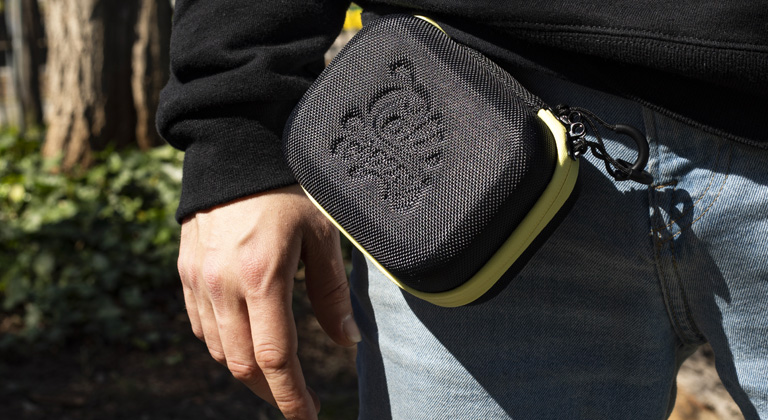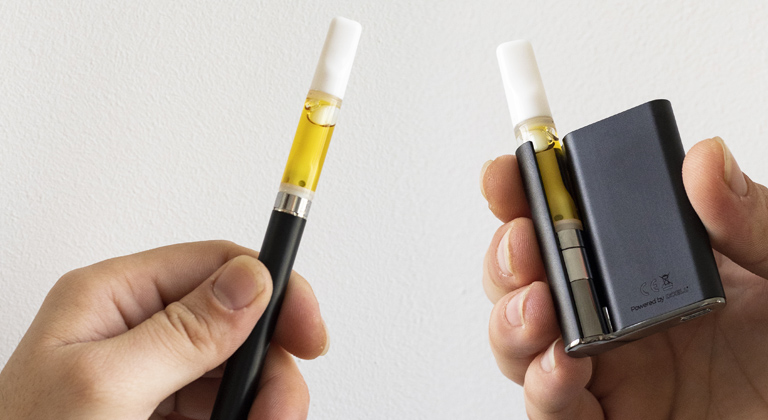After Basel, Zurich is the second place designated to launch the pilot program, one of the most emblematic cities in the Nordic country, and it will have 3000 participants with access granted to cannabis products.
When Was the Swiss Pilot Program for Cannabis Legalization Designed?
Switzerland is one of the first European countries to take steps towards regulation over a decade ago, when in 2012 they de-penalized cannabis possession. This measure was closely followed the legalization of cannabis products with less than 1% THC, which has allowed a rising market of CBD products in the country.
In October of 2021, Switzerland made their intentions of regulating medicinal and recreational cannabis, when the parliament decided that cannabis should be removed from the list of prohibited substances. However, before pushing firm legislation on the issue, Switzerland first wants a pilot program designed to measure the social and economic consequences of possible legalization, a program that’s expected to last 5 years.
If this program is successful, in 2030 Switzerland might have total cannabis legalization. The idea behind this measure is to have more control over the safety of cannabis products, avoiding the consequences often caused by the black market.
How Will the Swiss Cannabis Legalization Pilot Program Work?
The pilot program approved to begin in Zurich will begin this summer 2023, and will allow cannabis products to be consumed and sold at certain points. The project has been designed in collaboration with the city council and the Zurich University Hospital.
The main objective of this study is to contrast the advantages and disadvantages of consuming cannabis via controlling cannabis growing and certain regulated conditions that allow for certain safety parameters to be put in place.
Starting this summer, 3000 residents of the city of Zurich will have permission to purchase and consume cannabis products, both recreational and medicinal. During the three years of this program, the participants are expected to provide feedback every six months, filling out a questionnaire on their consumption habits and health to study the effects of the program.
However, there are certain conditions to be able to participate in the program:
- The participant must be over 18 years old.
- Pregnant women are not eligible.
- Professional drivers are not eligible.
- Consumers that present substance abuse or addiction symptoms are not eligible.

How Will Cannabis be Dispensed in Zurich?
This group of 3000 participants will have access to cannabis at different store fronts, including pharmacies, dispensaries, and authorized social clubs. There will be a total of 21 storefronts around the city, where cannabis products approved by the government and that meet all health regulations can be purchased.
This program is foreseen to begin in August of this year, and consumers will be able to choose from a wide range of products with different THC and CBD ratios. The cannabis sold and regulated will go through strict health controls via which organic grows are guaranteed, without any pesticides or other damaging products.
The production of cannabis falls in the hands of two Swiss companies in charge of supplying the market, for now. The two companies chosen by the government are Pure Production AG and Swissextract, and the first cannabis harvest is expected in July, which will put cannabis flowers in circulation. However, it’s expected that extracts won’t be available until October.
Zurich isn’t the First Swiss City to Start the Pilot Program
Even though Zurich is the largest city in the country, and this program will be incredibly useful when it comes to establishing proper regulation, it wasn’t the first place where this pilot program was implemented.
The country officially started this program in the city of Basel last January. Since then, around 400 consumers have access to cannabis products in the city’s pharmacies.
The current program in place is smaller than what’s planned in Zurich, however, in Basel they still follow strict criteria. Participants need to frequently fill out questionnaires to analyze their physical and mental health.
“At the moment, various legalization paths are being discussed via a structured legalization process, guaranteeing transparency. With out Cannavigia and Cannabis Dispensary System software, we offer the various parties involved the necessary tools to track and document each step in the supply chain. We’re proud to be able to be a part of the Swiss pilot program and of this historical event” declared Philipp Hagenbach, the director of Vigia AG, in a press release.

What Will Switzerland Do?
Zurich will become the second city in the country to begin this pilot program. However, Switzerland is not the only country that’s taking steps towards cannabis regulation; other countries such as Holland, Germany and France have already started.
Germany is at the top of this list, with the current largest medicinal market in Europe, and they also seem to be leading the European regulation process. It seems like things are done with more caution here compared to other places such as the US or in South America, which are known for a more liberal legalization process with less intervention from the state.
Places such as Switzerland or Holland (where they’re also considering a pilot program) are proof that in Europe we definitely have a clear concern for the possible public health repercussions, as well as the economic consequences associated with regulating cannabis.
However, for many people this is an absurd argument; the black market for cannabis still exists, and cannabis consumption in most European countries is quite high. Some people believe that holding back cannabis regulation only hinders controlling the product, and also doesn’t allow for an extra income to the State in the form of taxes.
Taking this into consideration, the pilot program in Switzerland, while it’s a massive step towards regulating cannabis, could actually slow the process down. We’ll need to wait and see what happens with the trial, and see if Germany ends up regulating and legalizing commercial recreational cannabis. Maybe then, there’ll be a domino effect in Europe and other countries such as Switzerland, France, Italy and Holland could follow their lead.
Here at Cali Terpenes we’re paying close attention o these developments to keep you informed on the international legal landscape of cannabis.
Cali Terpenes









